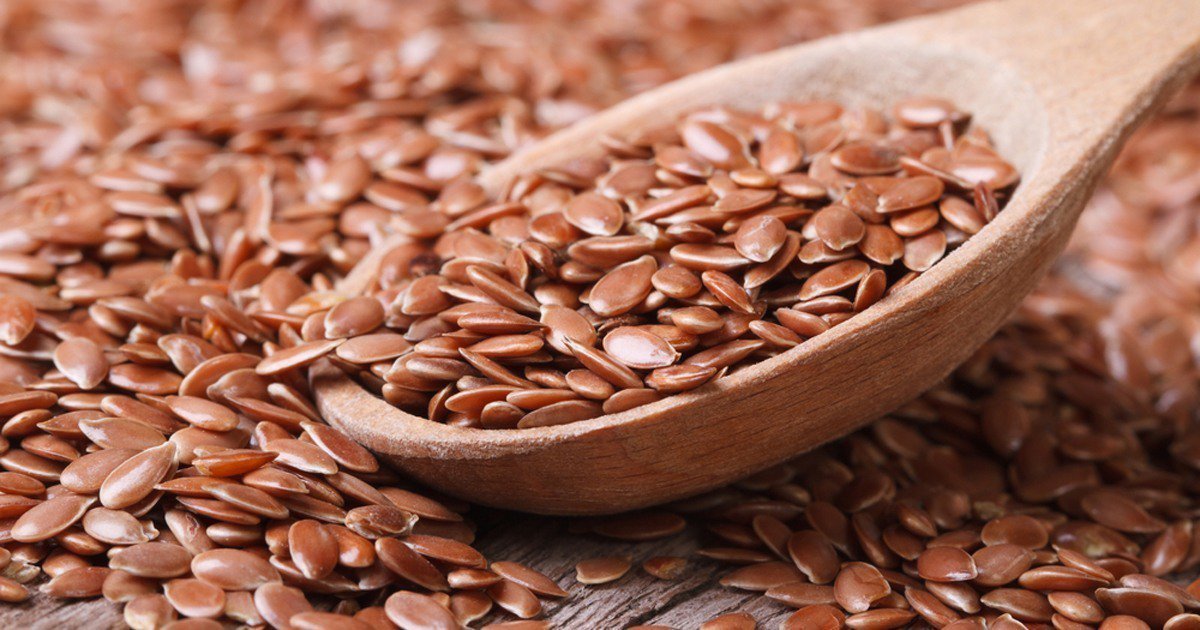Flax seeds for better digestion
Flax seeds are probably one of the oldest cultivated superfoods, dating back to ancient times. At that time, flax was grown mainly for its fibre, but it was soon discovered that eating flax seeds and oil has a beneficial effect on digestion and has many other positive effects.
Flax seeds can be eaten in three ways: as whole seeds (not recommended unless they are very small), as seed oil for cooking, or as ground seeds as an addition to dishes.
How do flax seeds support the digestion?
Ground flax seeds are easily digestible and also contain many substances that further help the digestive system. Whole seeds are harder to digest, thus the availability of nutrients is greatly reduced. So in the case of eating whole seeds, you can lose quite a few positive effects of flax seeds on your digestion and overall health.
First and foremost, dietary fibre contributes to better digestion. It is important to consume them regularly to ensure proper bowel function, reduce inflammatory diseases and help maintain a healthy colon and the entire digestive tract. For adults, the recommended daily intake of dietary fibre is 18g. 30g of flax seeds contains 9g of dietary fibre.
The oils and Lignans in flax seeds also have a positive effect on digestion, as they “lubricate” the digestive tract and are, in combination with fibre, the best natural remedy for constipation.
